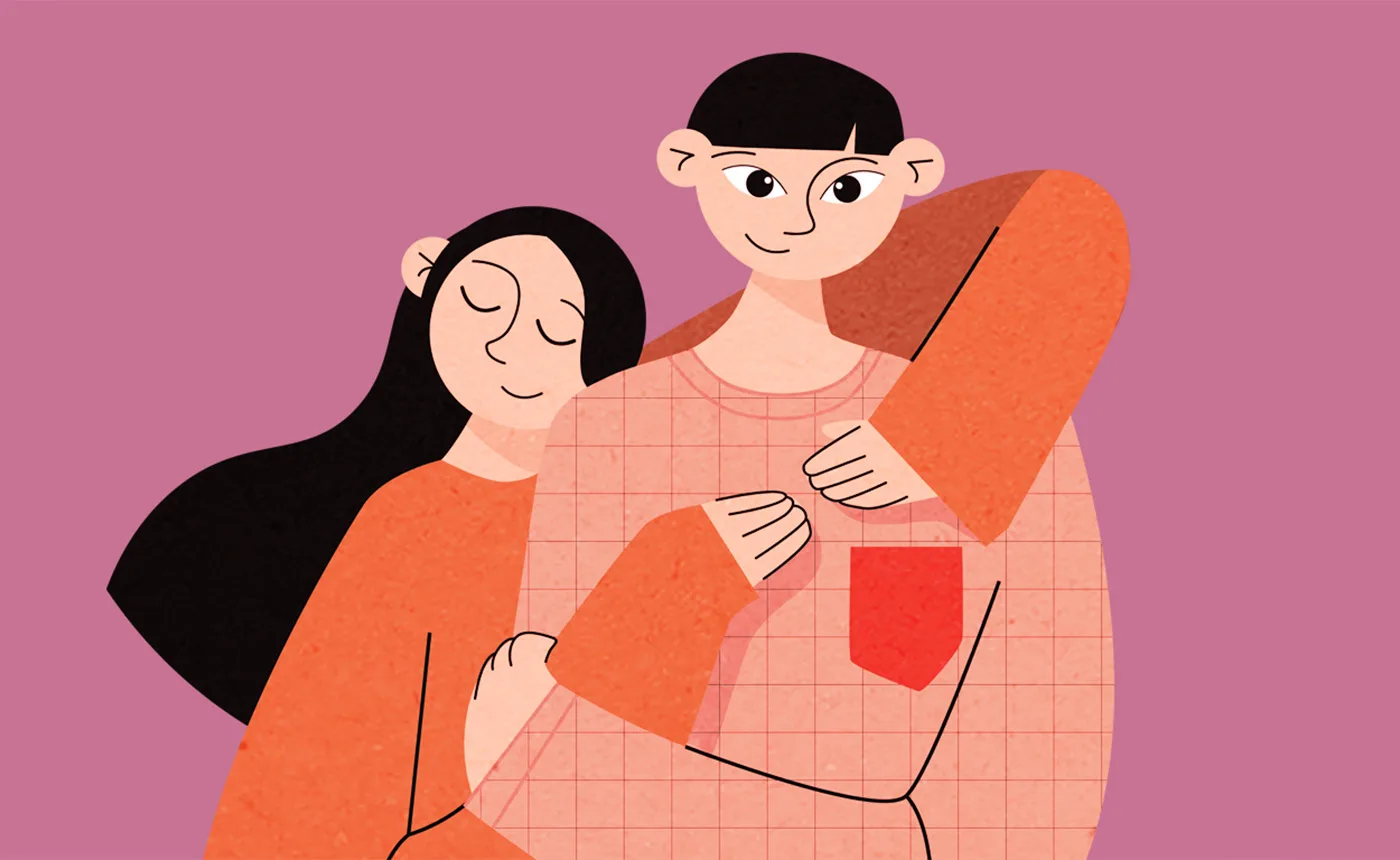How Women Can Support Men’s Health: The Quiet Strength Behind Their Well-Being
There’s an uncomfortable truth we need to confront: men die nearly five years earlier than women on average, with heart disease striking them a full decade sooner. Suicide rates among men are alarmingly high – three to four times higher than women – not because they suffer more, but because they’re far less likely to seek help. These aren’t just statistics; they’re fathers missing their daughters’ weddings, husbands leaving widows too soon, sons never meeting their grandchildren.
Behind these sobering numbers lies a cultural script that equates masculinity with stoicism, teaching generations of boys that pain – whether physical or emotional – is something to endure silently rather than address. But what if the women in their lives could rewrite that narrative? Not by taking responsibility for men’s health, but by creating spaces where vulnerability becomes strength rather than shame?
The Art of Gentle Intervention
Sarah remembers the moment she realized her husband’s “occasional” chest tightness wasn’t normal. “He’d joke it was just bad tacos,” she recalls, “but when I found him gripping the kitchen counter one night, pale as paper, I didn’t ask – I told him we were going to the ER.” That insistence uncovered a 90% blocked artery. Now, their Saturday bike rides are as much about cardiac rehab as they are about stolen moments together.
It’s in these unspoken partnerships that real change happens. The key lies in approach: “I’m worried about how hard you’ve been grinding at work – let’s book that physical you’ve been putting off” lands differently than “You never take care of yourself.” Framing health as an act of love (“I need you around for a long time”) rather than criticism bypasses defensive walls.
When Silence Speaks Louder Than Words
Depression in men rarely announces itself with tears. More often, it’s the unexplained irritability, the third beer becoming a nightly habit, the way fishing gear gathers dust in the garage. Jessica noticed her brother cancelling their weekly calls, his texts reduced to one-word answers. Instead of probing directly, she showed up at his door with takeout and a documentary they’d loved as kids. Two hours in, he finally mentioned insomnia. That conversation led to his first therapy appointment.
The magic lies in side-by-side communication – literally. Men often open up more during shared activities than face-to-face interrogations. Try washing dishes together while asking, “How’s your energy been lately?” or tossing a football as you mention, “My friend’s husband started therapy – said it helped his work stress.” These indirect approaches create openings without pressure.
The Red Flags You Should Never Ignore
Finding the right words can mean the difference between resistance and receptiveness. These phrases reframe health as partnership rather than nagging:
“I’ve been thinking about doing a sleep study – want to check out clinics with me?”
Bundling his needs with yours removes stigma.
“Remember how you powered through that back pain last month? What if we figured out what’s causing it?”
Acknowledging his toughness first makes addressing it feel like problem-solving rather than weakness.
“The guys at work were talking about their testosterone levels – apparently it affects energy and mood more than we realized.”
Third-party validation circumvents defensiveness.
“Let’s make our next date night a cooking class – that nutritionist said gut health impacts everything from immunity to anxiety.”
Positioning wellness as an adventure, not a chore.
The Ripple Effect of Courageous Love
When Mark finally agreed to couples therapy after his wife gently insisted for months, he didn’t just save his marriage – he unknowingly gave his college-aged son permission to seek help for his own anxiety. “Seeing Dad cry in session was shocking,” the son later admitted, “but it showed me real men feel things deeply.”
This is how cultural shifts happen: not through grand gestures, but through daily decisions to love someone enough to challenge their self-neglect. It’s in the way you slide the cardiologist’s number across the breakfast table with his coffee. How you book two massage appointments “because stress relief is important for both of us.” The quiet determination to keep showing up, even when he insists he’s fine.
Because the greatest gift women give isn’t fixing men’s health – it’s helping them believe they’re worth fixing. And sometimes, that belief is what keeps them alive.







